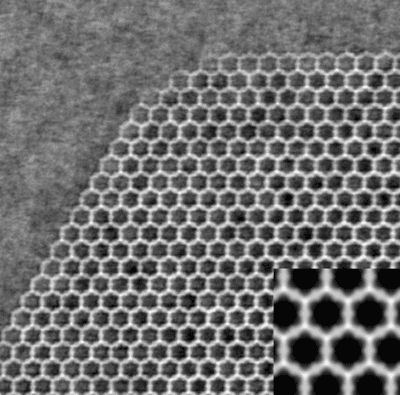
Scientists have actually established permeable crystals made from pomegranate extract to record and break down pharmaceutical particles discovered in regional community wastewater. The research study is released in the clinical journal Nature Water
Pharmaceutical substances impact the body to enhance our health, however they can likewise have unintended negative impacts for the wellness of wildlife. Thus wastewater treatment plants are dealing with the difficulty of eliminating emerging natural impurities (EOCs) such as active pharmaceutical components, and for that reason brand-new products and innovations are needed.
One technique for eliminating toxins from water is by utilizing permeable products that act like sponges. Metal-organic structures, so called MOFs, are a kind of nanoporous product that are made from metal ions and natural particles. Many MOFs are used artificial natural particles. And now scientists from the Department of Products and Environmental Chemistry, Stockholm University, have actually handled to establish brand-new permeable MOFs utilizing a naturally taking place particle discovered in plants– ellagic acid.
” Ellagic acid is among the primary structure systems of naturally taking place polyphenols referred to as tannins, which prevail in fruits, berries, nuts, and tree bark. By integrating ellagic acid, which was drawn out from either pomegranate peel or tree bark, with zirconium ions, we established a brand-new extremely permeable MOF which we called SU-102,” states Erik Svensson Grape, PhD trainee at the Department of Products and Environmental Chemistry.
In order to check the efficiency of SU-102, water that had actually currently been cleansed at a regional wastewater treatment center was more treated with the brand-new MOF. The outcomes revealed that SU-102 eliminated a lot of the pharmaceutical toxins that were not completely gotten rid of by the wastewater treatment center. In addition to recording the pharmaceutical toxins, SU-102 was likewise utilized to break down toxins utilizing light in a procedure referred to as photodegradation.
” This has actually been a really amazing task as we got the chance to work straight with water samples from the treatment plant, therefore discovering an application where our product might be used towards a really important ecological concern. We hope one day that SU-102 will be utilized on a larger scale and likewise for other ecological applications,” states Erik Svensson Grape at Stockholm University.